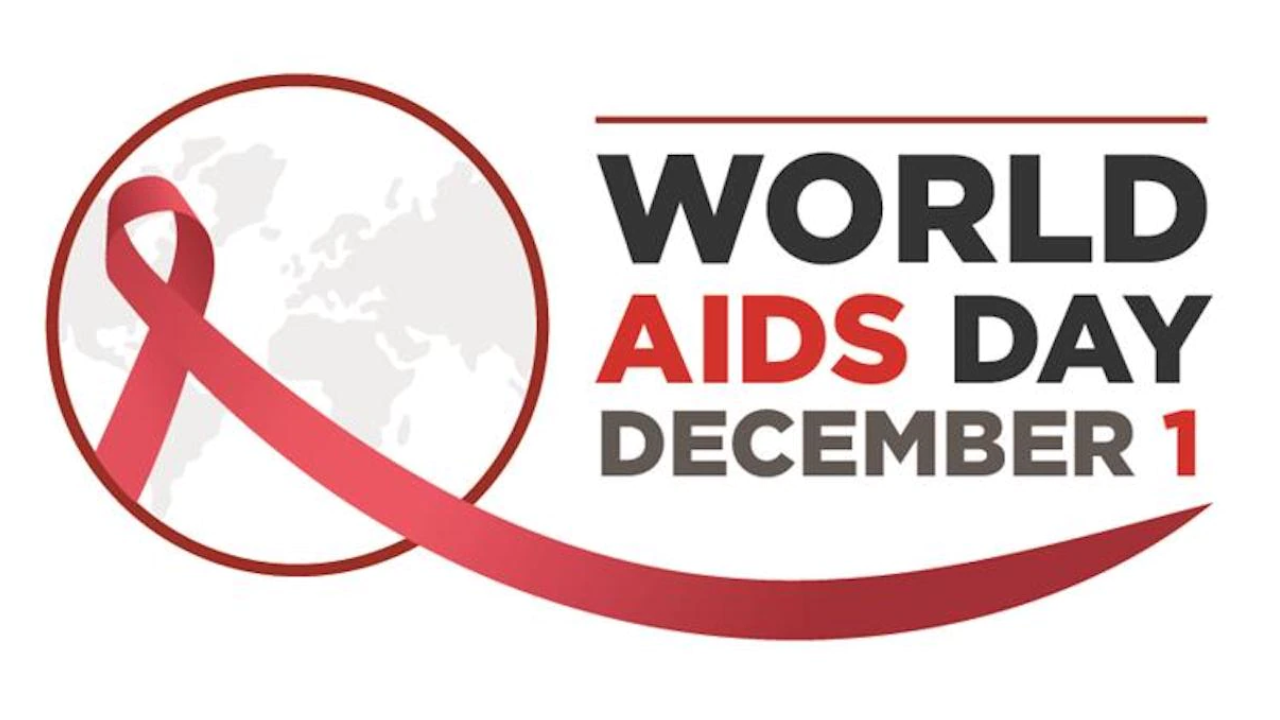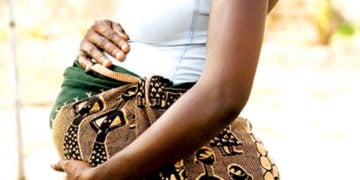As Nigeria joins the global community to commemorate this year’s World AIDS Day, the country has been urged to address the inequalities which pose barriers to ending the epidemic.
The call is in line with 2022 World AIDS Day theme titled, Equalize To End AIDS: Equal Access To Treatment and Prevention Services.
The United Nations Aid (UNAID) country director and representative, Dr Leo Zekeng, while urging the Nigerian government to reform policies and practices that keep people living with HIV/AIDS and key population away from available treatment and prevention services, suggested that anti-discrimination law should be fully implemented.
Zekeng who spoke at a media briefing in commemoration of the 2022 World Aids Day said to equalize treatment and preventions services access, means to do everything possible to review the nation’s dependency on external resources to fund programmes, in addition to expanding domestic allocation to the health sector.
Speaking on the theme, the minister of Health, Dr Osagie Ehanire, said the theme is clearly a call for action. “A call for our renewed commitment to achieve epidemic control and further our actions towards ending AIDS by 2030.”
He revealed that the country was moving closer to its set targets via working together with partners. “Today, we have 90 per cent of people who are HIV positive know their status, 98 per cent of these are on HIV treatment and 95 per cent of those on treatment have attained viral suppression.
Ehanire who was represented by the national coordinator, National AIDS/STI Control Programme, Dr Akudo Ikpeazu, said “despite the availability of free treatment services, as of today, we still have an unacceptable number of children (34%: 100%: 81%), less than 15 years old, living with HIV who are difficult to find and place on treatment.
“We need to equalize access to essential HIV/AIDS services particularly for children, pregnant women, key populations and their partners, and those in closed settings who are often forgotten. To do this, we must in a consistent manner, address and remove all structural barriers that impact negatively on access to services,” he said.
On prevention of Mother-to-Child Transmission (PMTCT), Ehanire said the ministry is working towards expanding the points of service from the current 6,000 to about 40,000 locations identified in the mapping across 36 states and the states and the Federal Capital Territory (FCT). Our aim is to find all pregnant women, test all, treat all and report all,” he added.
He further affirmed the ministry’s commitment to continuously push for programmes and policies targeted at addressing inequalities in access to high quality HIV testing and treatment services.





